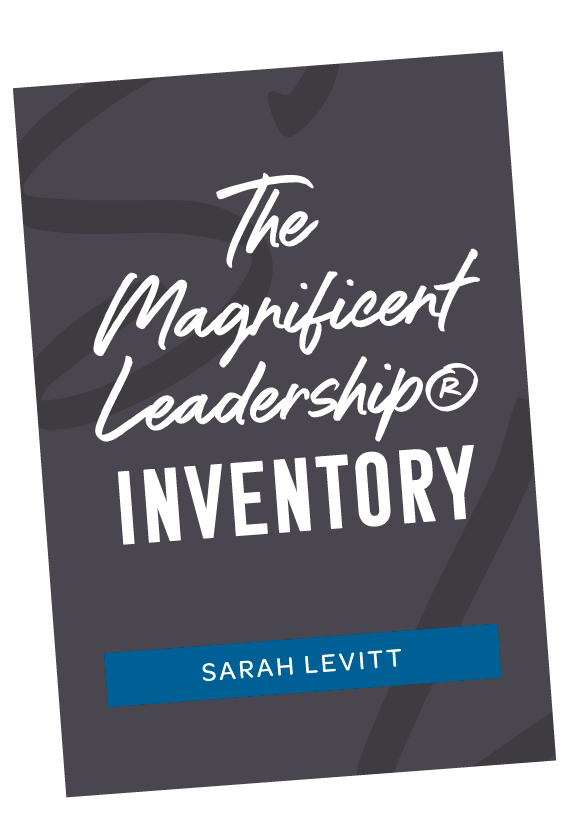What to do when there is more work than minutes in a day and your external activities, those obligations that are not central to your role but may add considerable value, are part of your overflowing full plate? Last week I introduced my Delegation Filter as a way to evaluate those activities and determine which, if any, you might be able to delegate. This week, we’ll look at how the three criteria of the Delegation Filter relate to one another for decision making. Each of the criteria can be thought of as its own sphere, with all three converging into an ideal center. That center is where an activity returns proportionate reward for the expenditure of your time, energy, and attention.
The three criteria:
- Want to do and enjoy
- Has strategic benefit to you and your organization
- Provides ample return for your investment of time
But what happens when an activity only meets two of the criteria, for example? Then what?
If you determine that the activity is both enjoyable to you and has longer term benefit but leaves you with a drastic short term time debit (i.e., it requires you to be on an airplane for six hours for a half day in-person meeting, and you lose at least three days of your week), you might consider ways to extract more from that time, or curtail its frequency. Can you piggyback that meeting onto another? Can the meeting come to you? Can you attend something that’s client-related in the same trip? Can you attend twice a year rather than once a quarter and achieve the same results by supplementing with remote meeting options? Enjoyment + Strategic often equates to high value for you and your organization. The question then becomes how to maximize the time you’re giving in the short term.
What if an activity has strategic benefit and provides a worthwhile return on your time but you really don’t enjoy it? For example, as mentioned last week, if your role requires that you report to the Board, you’re probably stuck with it. But what if an activity such as sitting on conference panels creates more brand recognition for your organization, and offers an immediate return of visibility and repute, thereby helping to draw top executive talent, but you hate it? One option: You can look at ways to extract meaning to buffer your dislike. Meaning, although different from enjoyment, can boost satisfaction. In the longer term, you might consider if it’s a responsibility that can be delegated to someone whom you groom over time. Often the more strategic its value, the harder an activity is to immediately delegate.
How about when you get a short term return on your time and it’s enjoyable, but the strategic benefit is not apparent? I say if you love it, keep it. Except. It’s not unusual for me see clients who hold on to work that they enjoy (being client-facing, for example) and get a short term return for their time (i.e., they’re good at it and it feels like their time is well spent) and as a result, wind up neglecting a more strategic focus of their role. I’m the least likely person to tell someone to get rid of something that they enjoy, but, as in the above example, can a strategic modification be considered? For example, could you continue to be a resource to your current client while delegating the daily interaction to some of your team members, thereby allowing you the time to create and develop new client relationships? That would be an activity that would likely be enjoyable to you, provide ample return for your time, while also delivering longer term strategic value.
No matter what you come up with, asking the question of where your valuable resources of time, energy, and attention are best spent can be freeing. And if you don’t have the time and space to ask that question, that’s probably the first item to delegate.
To yourself.
For more on working with me directly to elevate leadership performance and effectiveness, you can reach me at sarah@sarah-levitt.com
I work with talented, successful, ambitious senior executives who run companies and aspire to Magnificent Leadership®.
New Keynote! For your national conference, leadership summit, or retreat: Magnificent Leadership® — Building Self-Correcting Teams™. Booking now for 2019.
Planning your annual off site? I lead Magnificent Leadership® Strategic Team Accelerator sessions that focus on strategy, planning, building trust, cohesion, and greater performance for senior leadership teams.
Marshall Goldsmith calls it, “A great read for all leaders and leaders-to-be.”
You can find a copy of my new book, Magnificent Leadership, here on Amazon.




 Are you elevating your leadership as your business grows?
Are you elevating your leadership as your business grows?